Install environmentally friendly shingles today!
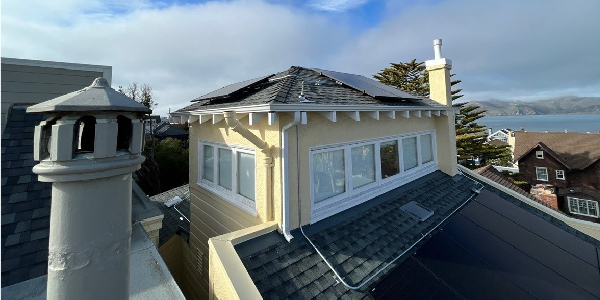
By Mr. Roofing.
Check out this quick guide to four different types of shingles and their environmental impact.
Asphalt shingles have been the traditional standard in the industry for decades due to their low-cost and easy installation! However, these traditional shingles often release pollutants during the manufacturing process and can take up to 500 years to decompose. But there are alternative shingle options on the market that are more environmentally friendly for you to consider ! Many of these options are not only eco-friendly but they are also more energy-efficient, which helps lower energy costs throughout the year. Take a look at four of these eco-friendly alternatives to traditional asphalt shingles that the BBB-accredited roofing contractors, Mr. Roofing recommend!
1 - Malarkey eco shingles
Malarkey prioritizes the environment from construction to installation. Malarkey shingles are made from modified asphalt to combine performance with affordability. This way, you can still receive a high-value, durable roof installation while helping the planet. Malarkey shingles come in a range of styles and colors including architectural and 3-tab. Plus, they’ve won numerous green energy awards for their energy-saving features.
2 - Cedar shake shingles
Cedar shake shingles are a beautiful roofing option. Cedar shake roofs combine elevated style with strong durability. Their construction removes the need for carbon dioxide emissions for a healthier manufacturing process. With a cedar roof, you can enjoy natural insulation, greater energy efficiency and a longer lifespan than traditional asphalt shingles.
3 - Metal shingles
Metal shingles are known for their long-lasting, energy-saving properties. Since metal shingles are 100% recyclable, you never have to worry about the impact of your new roof replacement. While metal roofs require additional costs, they can provide superior wind and fire resistance for up to 70 years.
4 - Slate shingles
Slate shingles are a premium alternative to asphalt shingles. Natural slate is manufactured without the high chemical emissions of traditional shingles and it provides greater weather protection. Although slate shingles are one of the most costly roofing materials, they can last for well over 100 years.
Original article source: Mr. Roofing
Have a question? AskARoofer.
Find your local roofing contractor in the RoofersCoffeeShop® Contractor Directory.


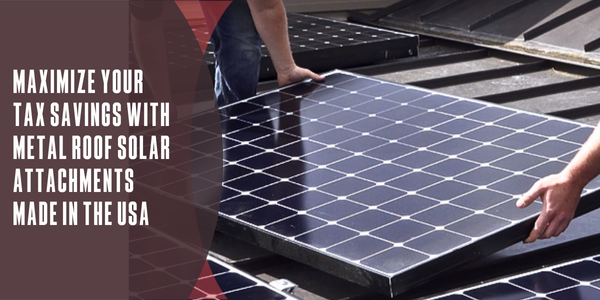
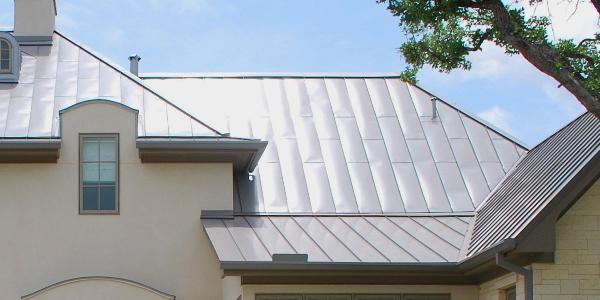


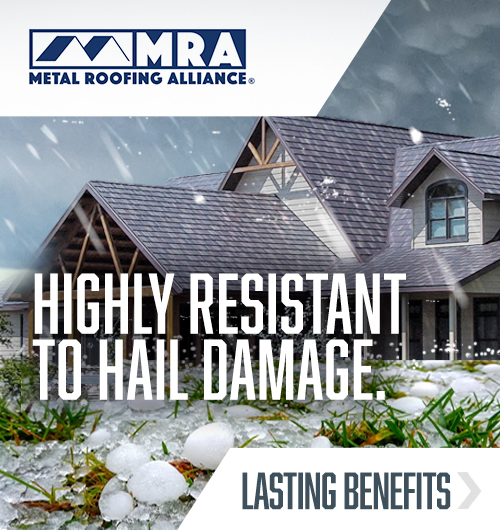

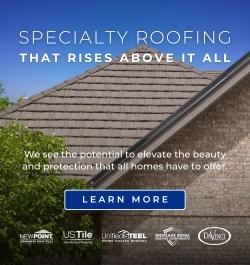

Comments
Leave a Reply
Have an account? Login to leave a comment!
Sign In